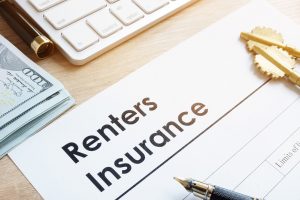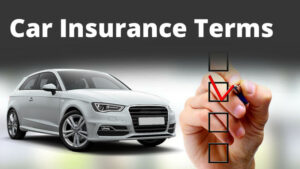 Courtesy of iii.org
Courtesy of iii.org
There are more than a half-million professionals employed within the U.S. property/casualty insurance market. And, if you ask many of them how they got into the industry, most will call it a lucky break. My such stroke of luck occurred decades ago. I was working for a real estate developer, the housing market took a(nother) crash, so I needed to find work. A survey of the marketplace introduced the tremendous opportunities in the insurance field and brought me a wonderful, rewarding career. I highly recommend it!
The insurance field brings a meaningful job. This is an industry that helps protect people and their finances. Insurance makes things happen. You need it to drive a car, build a home (or rebuild one after a disaster), to leave loved ones financially secure, to borrow money to build a business – and so on. Check out InsureMyPath for insight into the profession and a review of the types of career roles.
For a student considering a college curriculum, there are universities with a risk management and insurance curriculum throughout the U.S. Among them is the insurance program at Florida State University.
What do young professionals think of the insurance field? The view themselves as “secret saviors” because they help people rebuild after disaster. There are a lot of jobs, and room for self-development and advancement. Join us!



